How to Change a Car Oil
How to Change a Car Oil
Disclaimer: Please ensure to research on the oil and filters needed before proceeding. Every make and model is different.
Estimated Time: 60 minutes
Items Needed Before Getting Started:
- Proper Oil Filter (Specific to the Vehicle)
- Basic Ratchet Set
- Oil Drain Pan
- Gloves
- Car Jack (To lift up the Car if not using a Lift)
- Brake Cleaner
- Plastic Clip Remover (If applicable for Undercarriage Cover)
- Car Oil (Regular or Synthetic Depending on Vehicle)
Step 1:
Determine your Engines Displacement
You can do this by searching the make and model of your car on the internet or you can also check under the hood. There will be a sticker that includes: engine sizes, oil type, and amount of litres your engine takes.
Step 2:
Jack (Left) your Car Up and give Yourself Some Room to Work Under it.
Using the jack or left, elevate your car to have room to work underneath it. Best practice to lift it up as much to move safely and comfortably under the vehicle. Safety is priority, so don't forget to use caution.

Step 3:
Place the Oil Pan under neither the Drain Plug. With the ratchet and the correct socket, remove the drain plug and drain the oil into the pan.
Ensure your oil pan can hold the amount of oil that is in the engine. We would recommend at minimum 10 Gallon pan to avoid any mess.
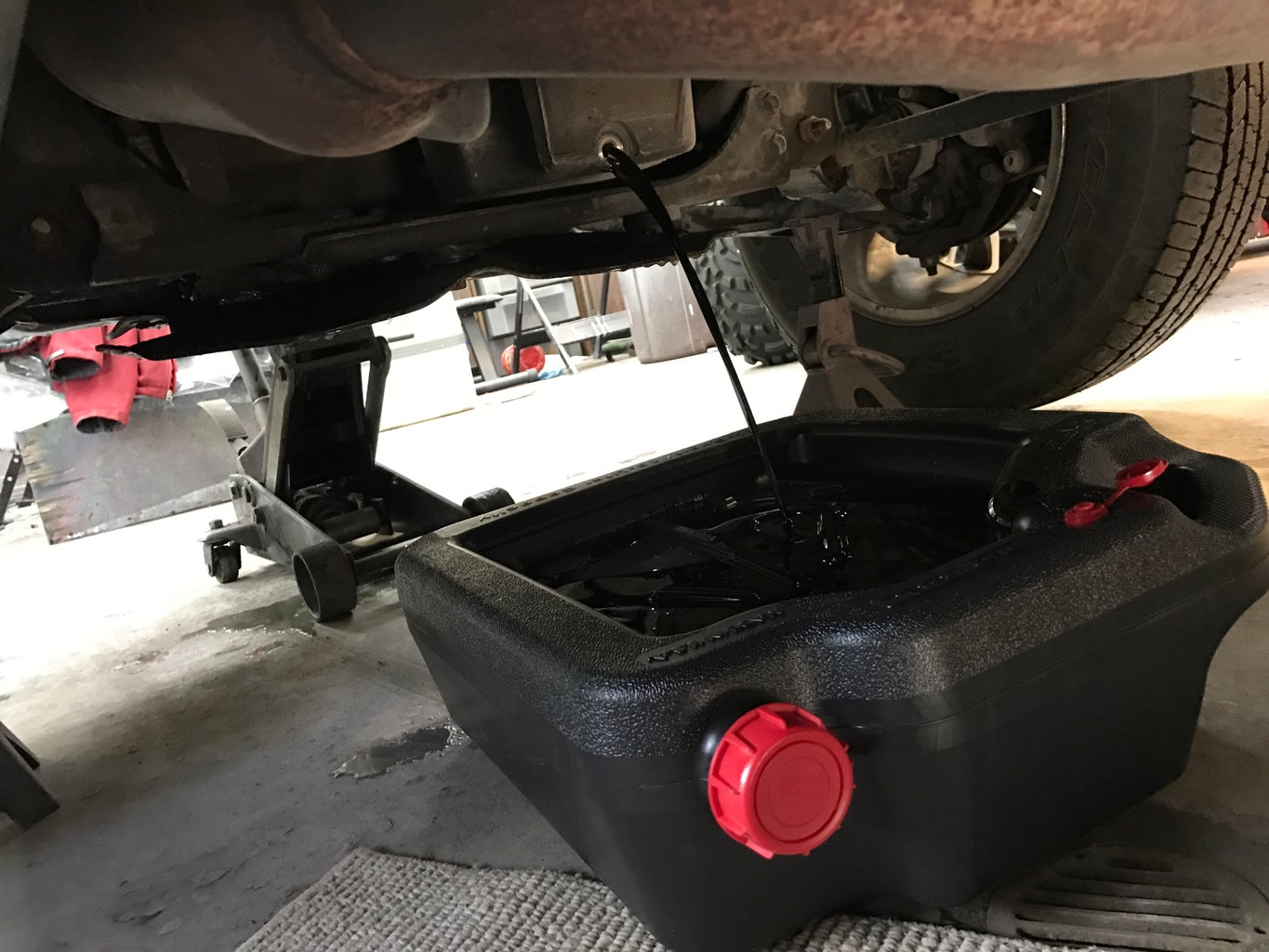
Step 4:
Remove the Old Oil Filter.
You will now remove the oil filter, it would be the size of a cylinder baseball that is screwed into the engine. Depending on preference you can use your hand or oil-filter wrench to loosen the filter enough until you see oil dripping down. Once the oil spillage is done you can completely remove the filter.
Be sure your oil pan is under it to catch the remaining old oil in the filter.
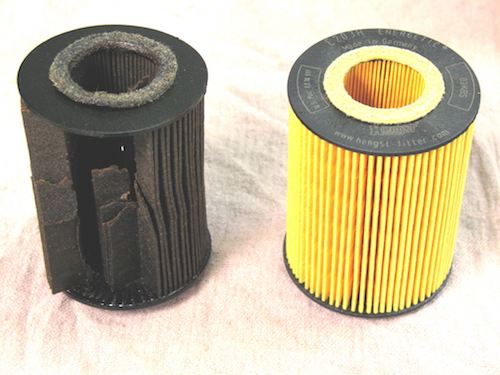
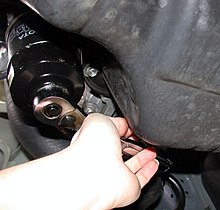
Step 5:
Placing the Drain Plug and Installing the New Filter
Before placing the new filter into the engine, check to see if the old oil filter gasket was not left inside. This will be a thin rubber O-ring, if this is not removed then when placing the new filter, it will not seal, leading to possible oil leaks. It is a best practice to wipe down and clean any surfaces to remove oil residue before proceeding.
Now you will replace the drain plug and tighten, but be careful not to tighten too much because it can damage the drain plug. You will now take the new oil filter and apply a thin coating of oil, using your finger around the rubber gasket. This will allow for a better seal as you tighten the filter. Remember, don't tighten the filter too much, just enough so it's snug.
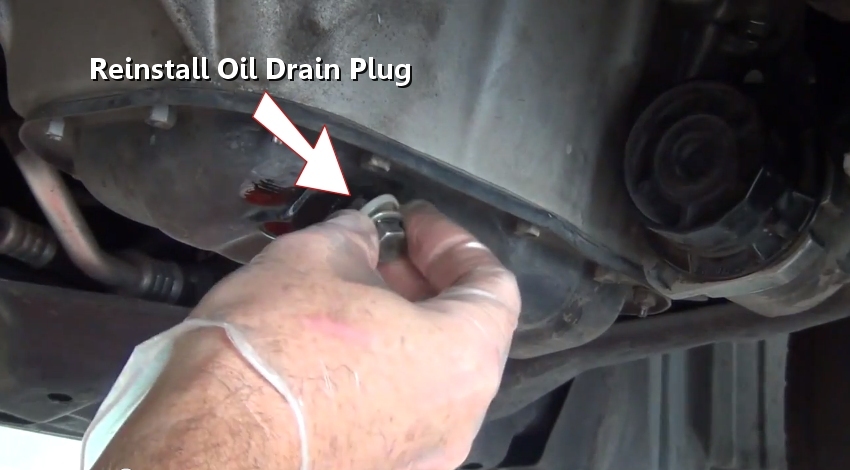
Step 6:
Fill the Engine Up with Oil
Once the above steps are completed, you can now put back any undercarriage protectors and lower the car back down. You will now need to open the hood and remove the oil cap, which has an oil can symbol on it. With a funnel, fill the engine with the proper amount of oil. (Determined by size of engine)

Step 7:
Check the Oil Levels and Ensure there are no Leaks
Once the oil is in the engine, you will turn on your car for about 10 seconds to give time for the oil to run through the engine. Before closing the hood, you will use the dipstick to check that the oil is at the correct level. To do this you will pull the dipstick from the tube, clean any oil with a paper and ensure there is no residue. You will then insert the dipstick back into the oil, remove it and check that the oil is lined up with the full marking. Once done, place the cap back on the oil tank, close the hood and let your car run for a few minutes, check for any leakage under the vehicle.

Hey miguel I like how you explained the step by step on how to change car oil. I like how you incorporated picture with every step, I find that adding the photos made it easier to undertand. Changing car oil isn't something that everyone knows how to do,and yours was straightforward and very well explained.One thing I would have like to see in your blog would have been places were you can get the equipment and maybe include prices. other than that I found your blog interesting and well explained.Keep up the good work.
ReplyDelete